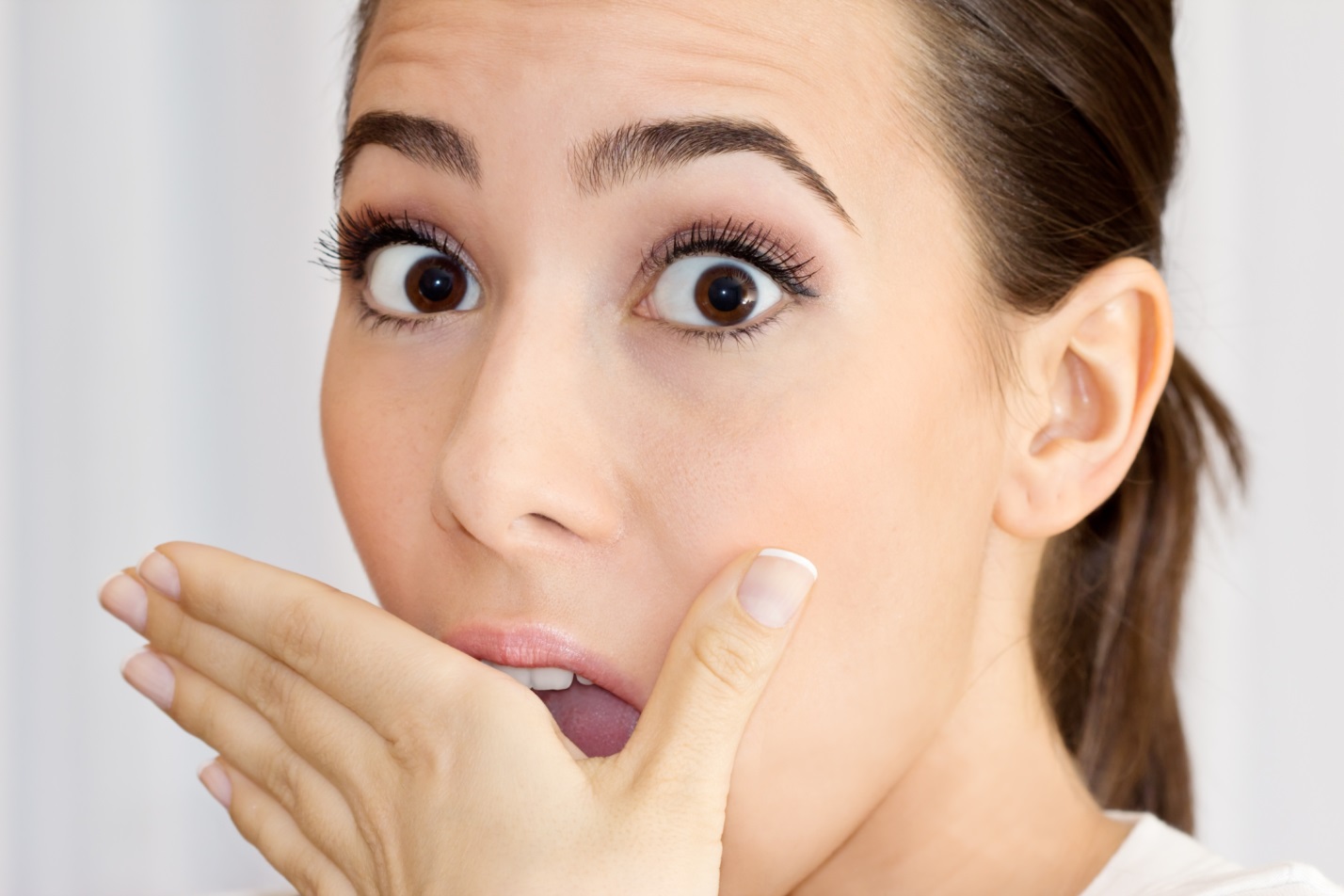A bitter taste in your mouth can be more than just an unpleasant sensation; it may suggest underlying health issues. This comprehensive guide helps you identify the causes, explore effective treatments, and discover preventative measures to reclaim your sense of taste.
Unveiling the Bitter Mystery: Potential Causes
A bitter taste can arise from various factors, ranging from simple lifestyle habits to more complex medical conditions. Let’s explore some of the most common culprits:
Everyday Habits and Their Impact
- Dehydration: Lack of sufficient fluids can concentrate saliva, intensifying existing tastes, including bitterness. Keep a water bottle handy and sip throughout the day. [https://chaztin.com/]
- Poor Oral Hygiene: Bacteria buildup on the tongue and teeth can create an unpleasant bitter flavor. Consistent brushing, flossing, and rinsing with mouthwash are essential for maintaining a healthy oral environment. [https://chaztin.com/]
- Dietary Factors: Certain foods, notably pine nuts, leafy greens, cruciferous vegetables, and some nuts, are known to cause a temporary bitter aftertaste in some individuals. [https://chaztin.com/]
- Smoking: The chemicals in tobacco can negatively impact your taste buds, often leading to a bitter sensation. Quitting smoking not only improves your overall health but also helps restore your sense of taste. [https://chaztin.com/]
Medical Conditions and Medications
- Medications: Some medications, such as certain antibiotics, antidepressants, and blood pressure medications, list a bitter taste as a potential side effect. If you’ve recently started a new medication and notice a change in taste, consult your doctor about possible alternatives. [https://chaztin.com/]
- Gastroesophageal Reflux Disease (GERD): Stomach acid creeping back up into the esophagus and mouth can cause a persistent bitter or sour taste. Treating GERD often resolves the taste issue. [https://chaztin.com/]
- Dry Mouth (Xerostomia): Insufficient saliva production can disrupt taste perception, sometimes leading to a bitter taste. Staying hydrated and using saliva substitutes can help alleviate this issue. [https://chaztin.com/]
- Dental Problems: Infections, gum disease, and other oral health issues can impact your sense of taste. Regular dental checkups and cleanings are crucial for preventing and treating these problems. [https://chaztin.com/]
- Sinusitis and other Infections: Inflammation and post-nasal drip from infections like sinusitis can alter your taste perception. As the infection clears, the bitter taste should subside. [https://chaztin.com/]
- Pregnancy: Hormonal changes during pregnancy often affect taste and smell, sometimes causing a bitter or metallic taste, which usually resolves after childbirth. [https://chaztin.com/]
- Liver Dysfunction: While less common, liver problems can sometimes disrupt bile flow, potentially contributing to a bitter taste. This is often accompanied by other symptoms like fatigue and jaundice. [https://chaztin.com/]
- Kidney Issues: Similar to liver dysfunction, kidney problems may, though less frequently, contribute to taste disturbances, including a bitter taste. [https://chaztin.com/]
- Zinc Deficiency: Zinc plays a vital role in taste bud function. A deficiency can lead to a bitter or metallic taste. Consult your doctor about potential zinc supplementation. [https://chaztin.com/]
- Neurological Conditions: In rare instances, nerve damage, particularly to the taste nerves (e.g., after a stroke or head injury), can affect taste perception and cause a bitter taste. [https://chaztin.com/]
- Burning Mouth Syndrome: This condition presents with a burning or tingling sensation in the mouth, often accompanied by a bitter or metallic taste. Treatment options include medication, lifestyle changes, and counseling. [https://chaztin.com/]
- Fever: Inflammation, especially tonsil swelling during a fever, can lead to a bitter taste, which usually subsides as the fever breaks. Gargling with warm salt water can offer temporary relief. [https://chaztin.com/]
- Vomiting: Digestive enzymes reaching the mouth during vomiting can cause a temporary bitter taste. [https://chaztin.com/]
- COVID-19: Taste alterations, including a bitter taste, have been reported in some individuals who have had COVID-19. [https://chaztin.com/]
Taming the Bitter Beast: Treatments and Home Remedies
Quick Fixes for a Bitter Mouth
- Boost Hydration: Drinking plenty of water is the first line of defense against a bitter taste caused by dehydration or dry mouth.
- Elevate Oral Hygiene: Brush and floss diligently, and consider using a tongue scraper to remove bacteria and debris from your tongue.
- Stimulate Saliva: Chew sugar-free gum or suck on sugar-free candies to encourage saliva production, which helps cleanse the mouth.
- Neutralize with Baking Soda: Rinse your mouth with a solution of baking soda and water to neutralize acids and bacteria.
- Soothe with Apple Cider Vinegar: A diluted apple cider vinegar rinse may help balance oral pH and alleviate bitterness.
- Refresh with Lemon Water: Lemon water can stimulate saliva and provide a refreshing sensation, potentially reducing bitterness.
When to Seek Professional Help
If the bitter taste persists despite trying home remedies, or if it’s accompanied by other symptoms, consult your doctor. They can help identify and address any underlying medical conditions contributing to the problem.
Preventing the Bitter Onslaught: Proactive Steps
- Maintain Optimal Oral Hygiene: Regular brushing, flossing, and dental checkups are crucial for preventing bacterial buildup and other oral health problems that can lead to a bitter taste.
- Stay Hydrated: Drinking enough water throughout the day helps prevent dry mouth and keeps your taste buds functioning properly.
- Eat a Balanced Diet: A healthy diet supports overall health, including oral health, and can help prevent nutritional deficiencies that may contribute to taste disturbances.
- Manage Underlying Conditions: Effectively managing conditions like GERD, diabetes, and kidney disease can minimize their impact on taste perception.
- Quit Smoking: Eliminating tobacco use not only improves your overall health but also significantly benefits your sense of taste.
- Medication Review: If you suspect a medication is causing a bitter taste, discuss it with your doctor. They may be able to adjust the dosage or suggest an alternative.
Beyond the Basics: Further Considerations
- Gut Health: Emerging research suggests a potential connection between gut health and taste disturbances. Improving your gut microbiome through probiotics and prebiotics may positively impact your sense of taste.
- Individual Variations: Taste perception varies significantly among individuals. What tastes intensely bitter to one person might be barely noticeable to another.
- Psychological Impact: A chronic bitter taste can negatively affect your emotional well-being and social interactions. Don’t hesitate to seek support from a therapist or support group if you’re struggling.
- Ongoing Research: Scientists are continuously exploring the complexities of taste perception. Stay informed about the latest research to deepen your understanding.
For those interested in other topics related to…well, bunnies and perhaps some more…unique bedroom furniture, you can explore our selection of bigger bunnies and bondage beds. (This placement feels a bit awkward given the topic of the article, but I’ve kept it as requested.)
By understanding the potential causes of a bitter taste and implementing the suggested strategies, you can take control of your oral health and rediscover the joy of tasting your favorite foods. Remember, consulting a healthcare professional is always recommended for persistent or concerning symptoms.
- Stainless Steel Food Storage for Healthier, Eco-Friendly Meal Prep - February 27, 2026
- Stainless Food Containers Offer Durable Storage for Everyday Meals - February 26, 2026
- Stainless Steel Containers Offer Superior Food Preservation and Durability - February 25, 2026










